September 1, 2025 | 04:42 GMT +7
September 1, 2025 | 04:42 GMT +7
Hotline: 0913.378.918
September 1, 2025 | 04:42 GMT +7
Hotline: 0913.378.918
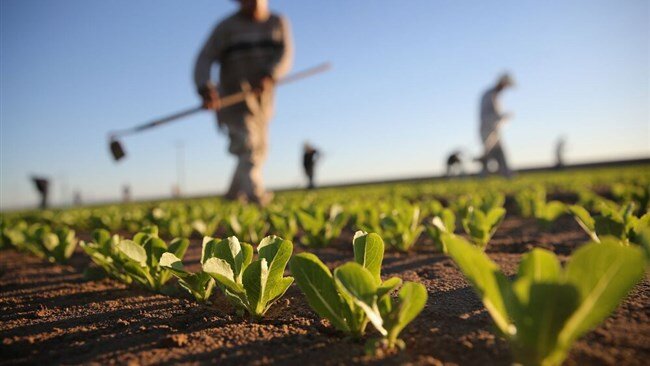
Iran has set a target to expand its overseas farming to 2 million hectares (4.942 million acres) by 2029 amid efforts to ensure sufficient food supplies in the country.
Reza Fotouhi, who leads overseas farming projects in the ministry, said expanding farming activity in other countries helps Iran reduce its reliance on food imports.
Fotouhi said that Iran is also required to rely on overseas farming for 10 million metric tons of food imports by 2031 based on the terms of a document outlining Iran’s food security efforts.
He said that the country is currently using some 0.228 million hectares of land for farming in other countries.
The official added that lands used for corn farming in Brazil by Iranian companies had reached 50,000 hectares, adding that the country is also engaged in overseas farming of barley, oil seeds, and soybean in Kazakhstan and also in smaller projects in Belarus and Russia.
He said private Iranian companies have also launched overseas farming projects in Ghana, Armenia, and Pakistan.
Iran has introduced major plans to boost its agricultural output in recent years as it strives to keep pace with rising food demand.
The country has a population of more than 85 million people and a rising demand for food which experts say could become the subject of threats like climate change and foreign sanctions in the future.
(Tehrantimes)
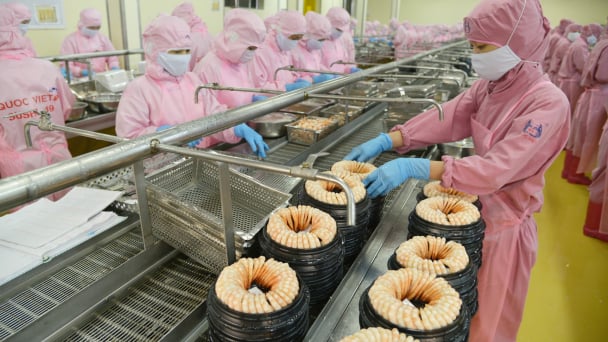
(VAN) In the wave of integration, only sectors that adapt can thrive. Vietnam’s seafood industry is choosing diversification to reach new heights.
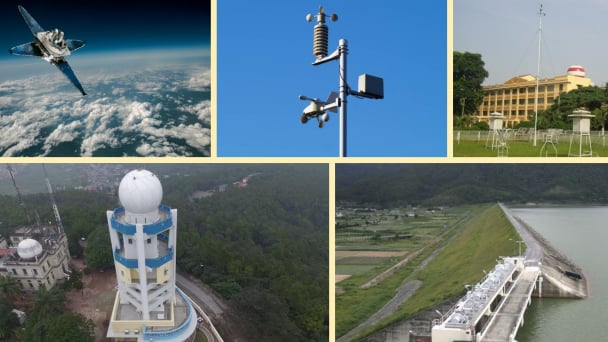
(VAN) From a sparse, fragmented network to a nationwide system of over 1,800 monitoring stations, Vietnam’s meteorology and hydrology sector has, over the past 80 years, built an enormous data system - indispensable of agriculture.
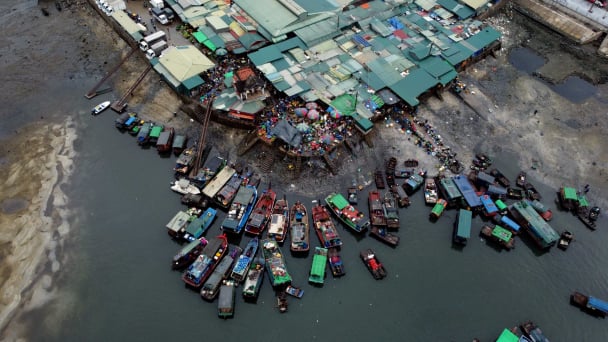
(VAN) Reducing fishing, increasing aquaculture and conserving the sea open an inevitable path that both ensures livelihoods and preserves the blue sea, bringing Vietnam's seafood to the global stage.
/2025/08/30/2835-2-121949_633.jpg)
(VAN) Building a national land database has always been considered a core task, laying the foundation for modern, transparent, and efficient land management.

(VAN) As one of the world’s leading agricultural exporters, Vietnam must raise product quality and transform its cooperation methods to align with international trends.
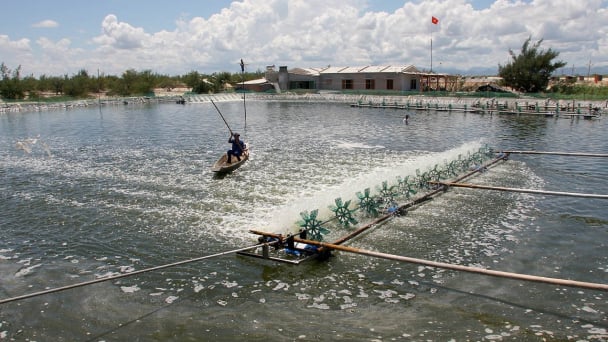
(VAN) According to the Directorate of Fisheries, Vietnam’s seafood industry has undergone four development stages, with clear orientations and outstanding accomplishments, affirming its increasingly important role.
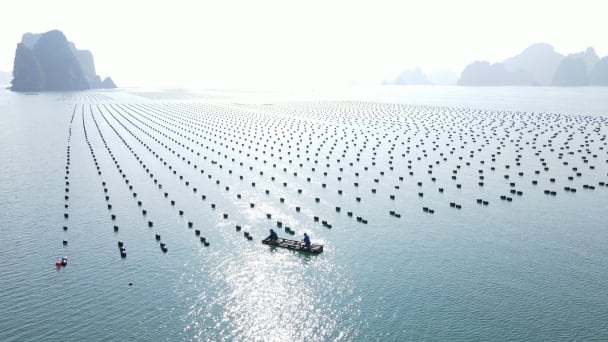
(VAN) Vietnam has become one of the world’s top three seafood exporters, affirming its role as a key economic sector while opening up expectations for sustainable development and deeper international integration.